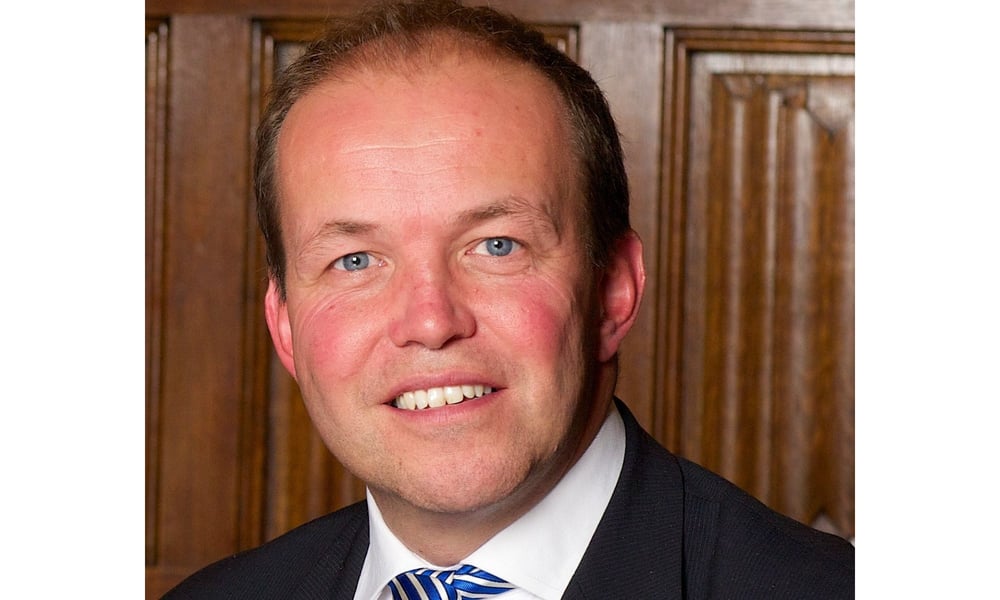The council has called for cross-party later-life commissionto be set up to help meet the long-term needs of people in later life.

The Equity Release Council has called for the new Prime Minister to establish a cross-departmental 'minister for the elderly', who can ensure social and financial issues important to the ageing population are recognised and coordinated across departments.
Its report ‘Beyond bricks and mortar: the changing role of property in later life financial plans”, supported byequity release adviser Key, said that understanding the role of housing wealth is acore component to any care funding solutionacross generations.
The council has called for cross-party later-life commissionto be set up to help meet the long-term needs of people in later life, including via the potential uses of property wealth and balancing intergenerational needs.
The report read:“The new Prime Minister should establish a cross-departmental minister for the elderly, who can ensure the broader social and financial issues important to them are recognised and co-ordinated across all relevant departments.
“For example, we believe there is a need for a housing strategy which encourages the building of affordable and suitable accommodation for people in later life with access to amenities and a diverse social community where they can interact across all age groups.”
It added: “This[cross party commission]in turn will help to satisfy consumers that important sources of funding are being factored into policy evolution by successive governments, so people can plan how they accumulate wealth for later life.
“Broader expansion of the equity release market can play an important role to address major social issues and should receive government support to ensure a cohesive and sustainable role in our society.”
The report also said efforts need to be strengthened to make joined-up thinking and more holistic planning a reality in the later life arena, and that later life education and guidance must start early, from the age of 45, to boost financial confidence.
David Burrowes (pictured), chairman of the Equity Release Council, said: “The UK’s ageing population and changing retirement landscape means people are increasingly thinking of property as a multi-purpose financial asset – particularly those aged 45 to 64, the retirees of tomorrow.
“Property is often a person’s single largest asset and makes a significant contribution to homeowners’ personal finances as well as providing a place to live.
“Changing attitudes to property are significant given the financial challenges facing our ageing population as they seek to live longer, healthier lives.
“Many people have made inadequate provision for their retirement and care needs while others have younger family to support.Consequently, bricks and mortar have become a vital piece of the retirement funding jigsaw, to benefit people during their lifetime as well as their families.
“Our calls to action are underpinned by the core belief that – while drawing on property is not right for every circumstance and should not distract from encouraging long-term saving – it should be on every homeowner’s checklist to consider in later life, now more than ever.
“We urge industry and policymakers to evolve their thinking to reflect that of older homeowners to support this emerging demand.”
Older homeowners – particularly those aged 45 to 64, the retirees of tomorrow – aresaid to bereassessing the traditional roles of property in retirement funding and inheritance.
Homeowners aged 45 and over see property as the most important contributing factor to their financial comfort in later life (68%), and over half (56%) feel they can benefit from its financial value while they still live there.
Dave Harris, chief executive at more 2 life, added: “It is really encouraging to see that over half of older homeowners recognise that their properties can help them fund their retirement."
The retirees of tomorrow – those aged 45 to 64 – are less likely than their older counterparts to see property as something to leave behind as an inheritance.
Instead, they are more likely to think of it as a multi-purpose financial tool that can support their own financial plans (55%), be used as a nest egg to meet unexpected expenses (49%) or help family members (25%).
Will Hale, chief executive of Key, said: “For over-65s today, wealth is intrinsically linked to bricks and mortar with 40p in every pound that they own tied up in property.
“This report and its recommendations clearly highlight not only the potential benefits that housing equity can bring to homeowners, their families and the nation as a whole but the size of the challenge that we are facing.”
More than two fifths (44%) of over-45 homeowners feel taking out a mortgage or loan to access property wealth in later life is becoming a more common way to manage money, while 40% see it as a “reality” of ageing.
Only 34% feel they have no need to consider this option either now or in the future, including just 30% of those aged 45 to 64.



